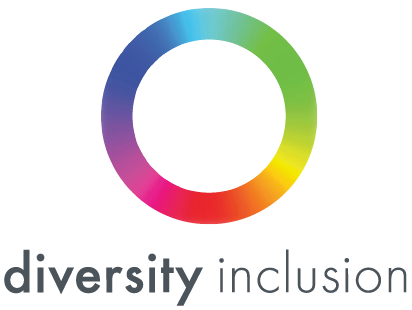Conflict at Work & Psychological Safety
There are many benefits for teams and organisations to have an environment of candour, where people speak up not just when they agree, but also when they disagree. We refer to this as having Psychological Safety.
In our recent work with leaders who have participated in our Psychological Safety Program, we have uncovered a theme of discomfort with conflict in the workplace. Leaders recognise the benefits of candour and speaking up, however they also spoke of feeling uncomfortable when people disagree with them or there is conflict.
The discomfort people feel in the face of conflict or disagreement is rooted deep in various psychological and social factors, including fear of rejection or judgement from others. The need for social acceptance is not new, in fact, it was an evolutionary need, crucial for our survival. Individuals who were accepted and integrated into social groups were more likely to receive protection, resources and support – increasing chances of survival and reproduction. When we experience conflict, it challenges that evolutionary need for social acceptance.
When you consider our need for acceptance it is easy to see that our instincts encourage us to avoid situations where conflict may arise or, when it does occur, we may feel it is our responsibility to resolve the conflict quickly and restore harmony.
However, we want to challenge those natural tendencies with the notion that conflict and disagreements are not necessarily bad. Instead, these can be viewed as healthy indicators of psychological safety which can lead to better problem solving, innovation and higher levels of employee engagement. Here are some tips on how to achieve greater “comfort in the discomfort” and foster psychological safety in your work environment.
Foster a Learning Mindset
This applies to you as an individual and to your team. By reframing a situation to see it as a learning opportunity, it allows you to take the personal threat and fear from the situation by removing judgement. Allow yourself, and encourage others, to sit with their initial discomfort and encourage curiosity and open dialogue as the response. Work to understand what has been successful and unsuccessful, and why, allowing space for different opinions and perspectives. Avoid “smoothing” things over, or defensiveness and show that disagreements, whilst not always pleasant, can be used for constructive learning and change.
Take a moment before you respond
This one is always easier said than done. But when you find yourself in conflict or disagreement, you may indeed be fighting a fight or flight response, both of which are making you uncomfortable. By taking a moment before you respond, you give yourself time and space to think before you act. You can thank the person for their input while you think of your reply, or you can simply take a breath.
Respectful communication
Our human interactions with others are prone to misunderstanding and miscommunications, adding to conflict at work. Promote active and adaptive listening and role model effective communication skills. Encourage individuals to express their thoughts clearly and respectfully, and provide constructive feedback on communication styles – healthy disagreement only works if communication is respectful.
Self-Reflection
Engage in and encourage self-reflection and the willingness to change one’s perspective based on evidence. Evolving your opinion in response to new information is a sign of intellectual honesty and growth, and a powerful way to demonstrate this as a leader is to openly share when you have been wrong, and what you’ve learned as a result. Not only does this show vulnerability, promoting psychological safety, it is positive role modelling which supports others to do the same.
A Common Purpose
A powerful way to navigate conflict is through sharing a common purpose at work. People will always have different opinions on how work should be done, however being united by a common purpose can help resolve disagreements because everyone is committed to the same outcome of success. This can shift the discussion away from who said what, to which option is best to achieve our common goal. Ultimately, a united team will feel more comfortable being candid, having constructive discussions and create better outcomes.
Creating an environment of candour requires ongoing effort and a commitment from both individuals and the organisation. It's important to recognise that conflict, when managed properly, can lead to innovation, better decision-making, and stronger relationships within a team.
To find out more about Diversity Inclusion’s Psychological Safety Program for Managers and Leaders go to www.diversityinclusion.com.au/psychologicalsafety
